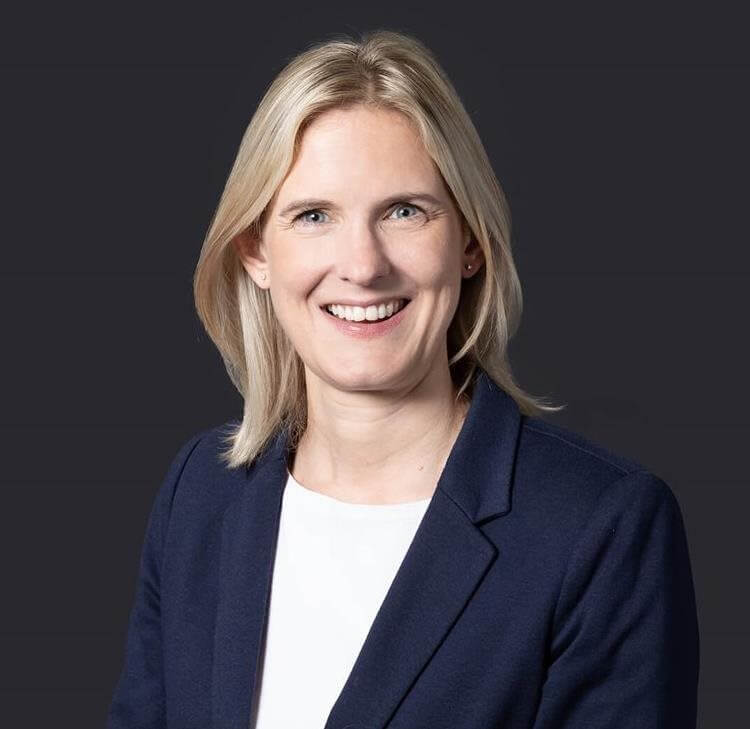World Patient Safety Day 2021 - safe maternal and newborn care
Given the ongoing scrutiny of maternity services following publication of the Ockenden preliminary report in December 2020, it is timely that World Patient Safety Day on 17 September 2021 has a focus on safe maternal and newborn care.
Given the ongoing scrutiny of maternity services following publication of the Ockenden preliminary report in December 2020, it is timely that World Patient Safety Day on 17 September 2021 has a focus on safe maternal and newborn care.
The Ockenden review and the need for critical oversight of patient safety
Operationally, there is considerable work underway to implement the ‘Immediate and Essential Actions’ identified by the Ockenden report and which are not already in place, to help to improve safety in maternity services across England.
However, the Ockenden report also highlights the need for critical oversight of patient safety in maternity units. In this respect, Boards have been asked to confirm what is known about their maternity units in relation to mother and baby safety, and how confident they are that the same tragic outcomes that were outlined within the Ockenden Report, could not happen in their organisation. Boards need to robustly assess and challenge the assurances provided in order to identify and target areas of risk.
Learning from claims and inquests and supporting staff through these processes
Many of the areas identified in the Ockenden report, such as fetal monitoring, risk assessments and informed consent are the subject of the claims and inquests we provide advice on and there is a considerable amount of learning arising from these which can be usefully shared with clinical staff but also the Board to help inform appropriate system level change.
As ever, culture remains a fundamental part of the safety conversation and an important element of this is supporting staff where harm has occurred, or an outcome is not as expected.
Staff need to be supported to speak freely about any problems they have experienced in delivering safe care so that meaningful lessons can be learnt to prevent future harm. Good support for staff through any investigation, inquest or claims’ process will also help with retention of staff, a key factor in achieving good working relationships, effective teamwork and communication all of which contribute to a positive safety culture.
Resources
The hub provides training materials and resources for NHS professionals and clinical witnesses. It aims to support organisations with the improvement work underway in maternity units and the claims, inquests, regulatory and workforce issues that result from obstetric and neonatal harm.
The hub includes a series of films which recreate an inquest hearing focussing on a neonatal death. The films bring out a number of themes that are often seen at inquests into neonatal deaths for learning purposes. The films also explain the role of the Coroner and the purpose of an inquest and illustrate the procedure during a remote inquest hearing. The aim of these films is to help clinical witnesses to prepare for giving evidence remotely and to illustrate how best a witness can help the Coroner and the family during a remote inquest hearing. We hope these films will support all clinical staff who are called to give evidence remotely at an inquest in this area.
Contact

Amelia Newbold
Risk Management Lead
Amelia.Newbold@brownejacobson.com
+44 (0)115 908 4856







































